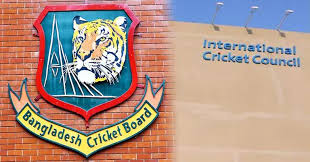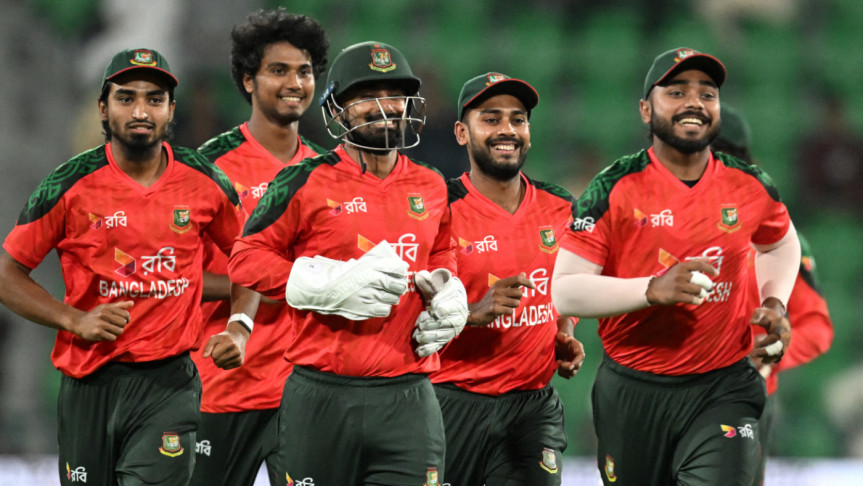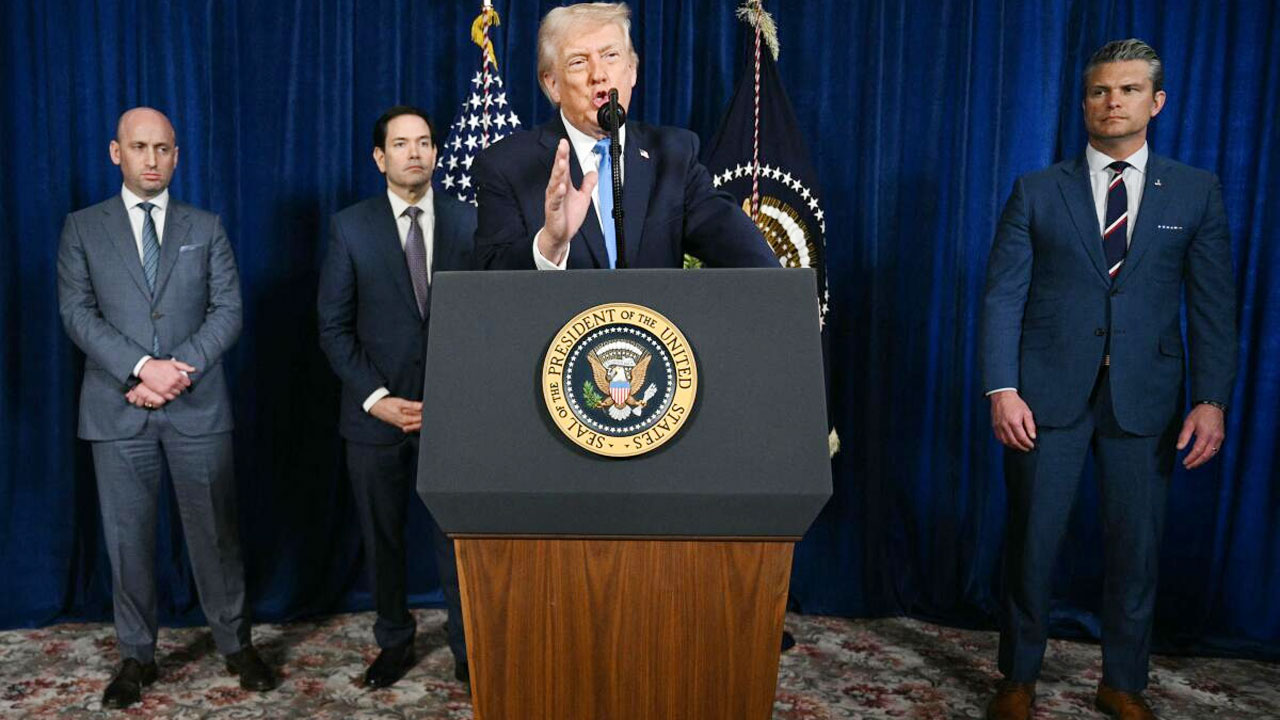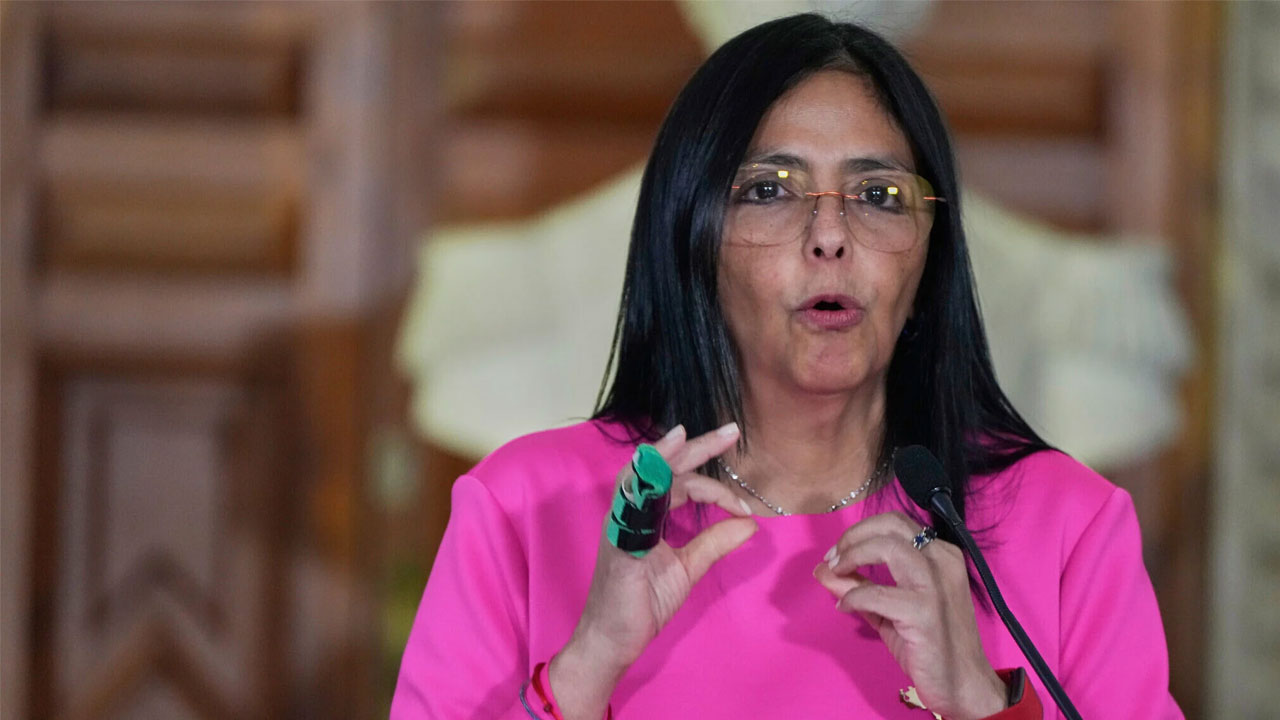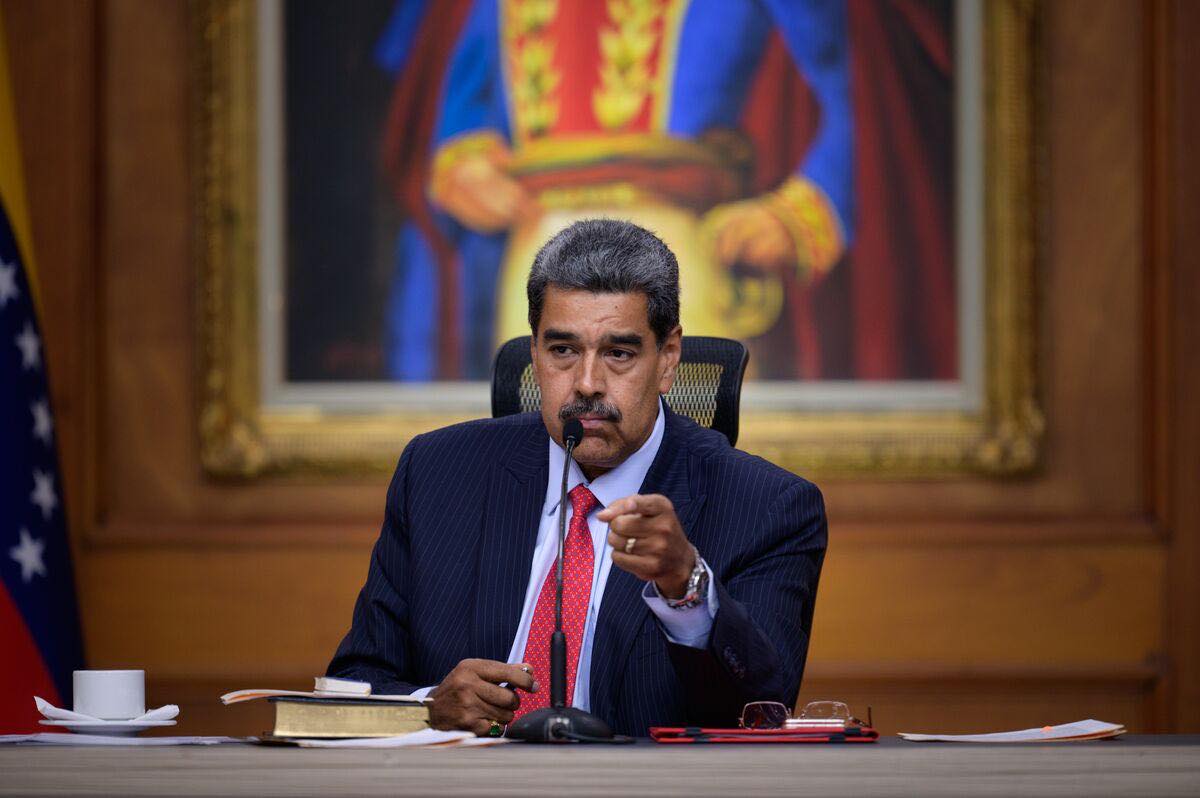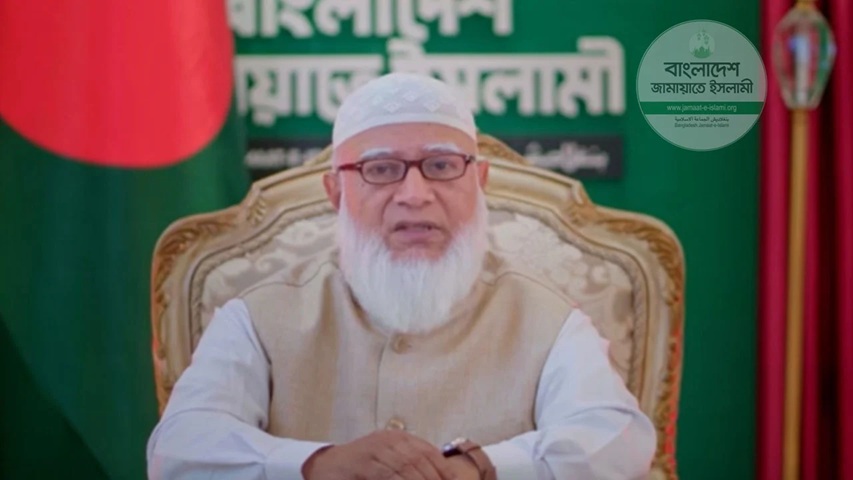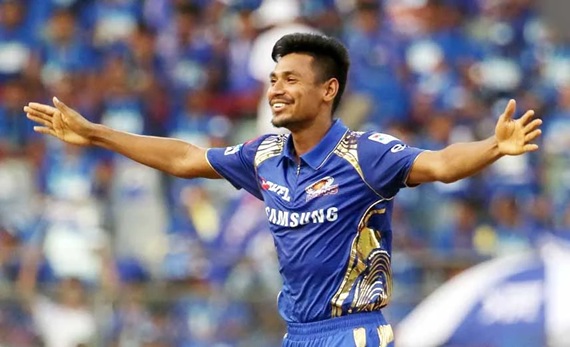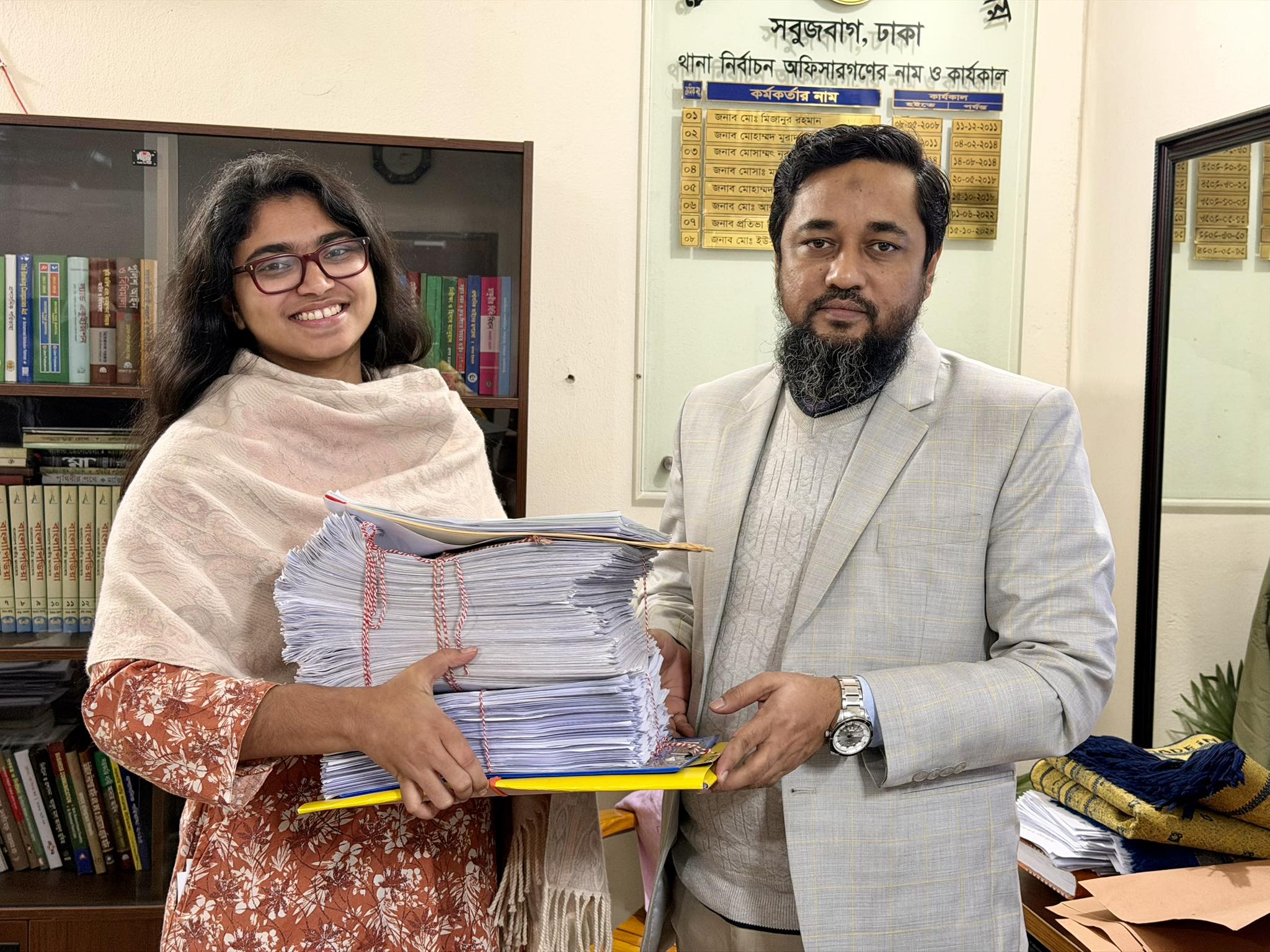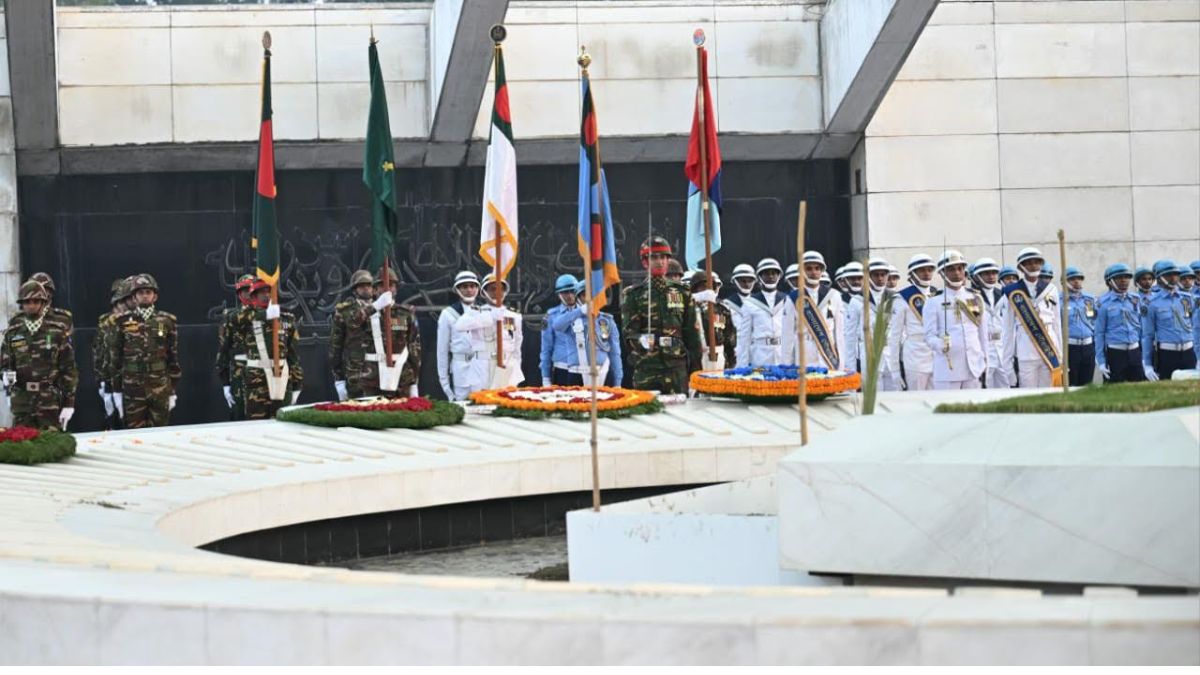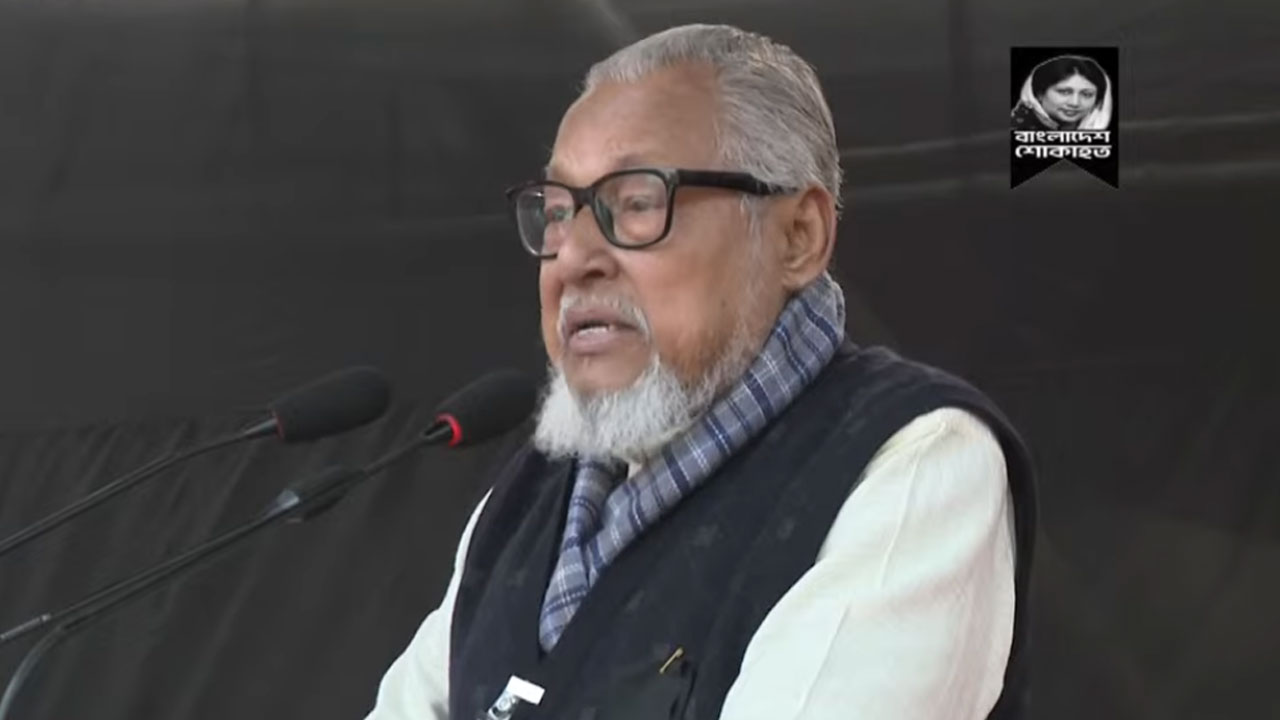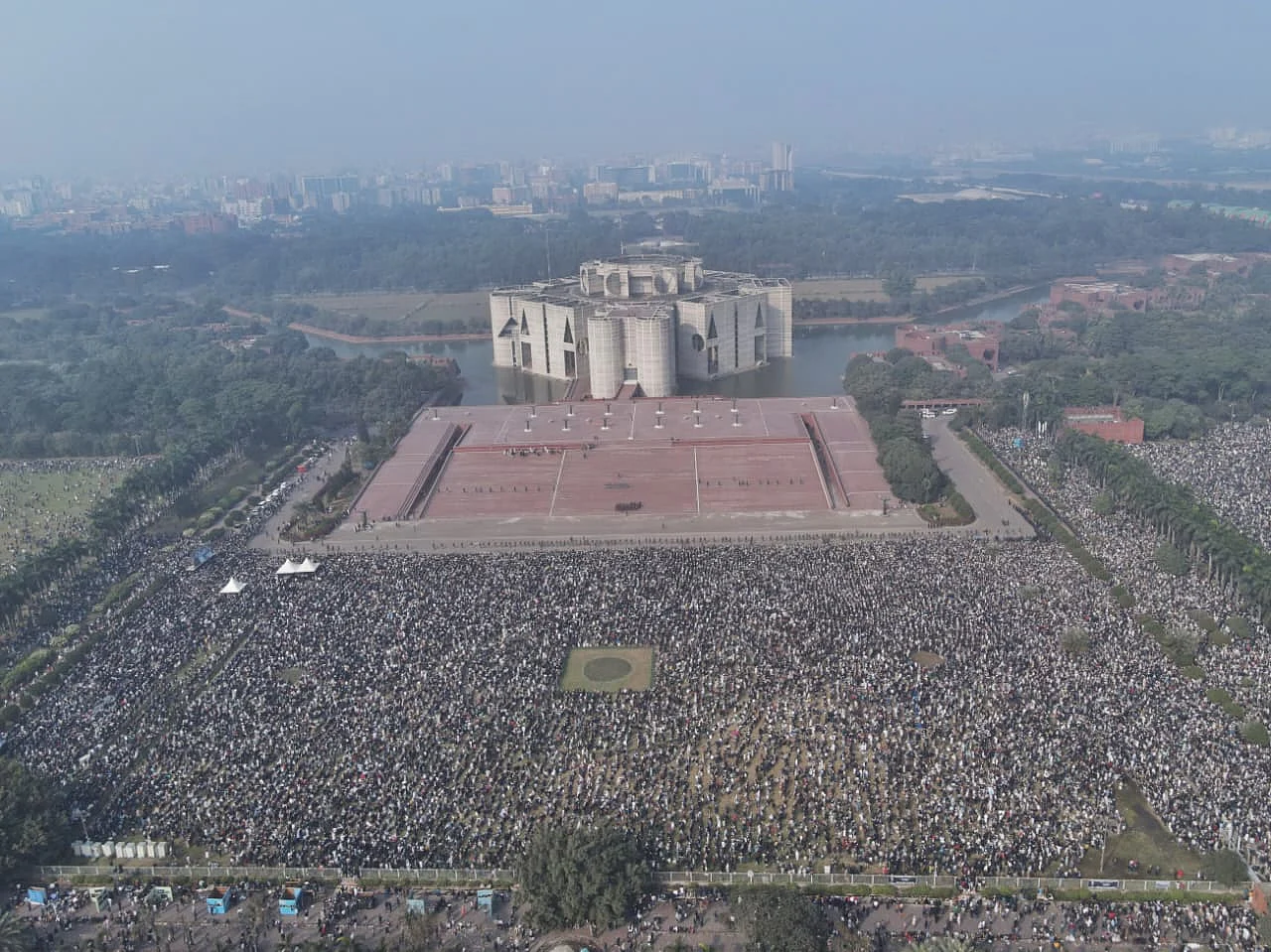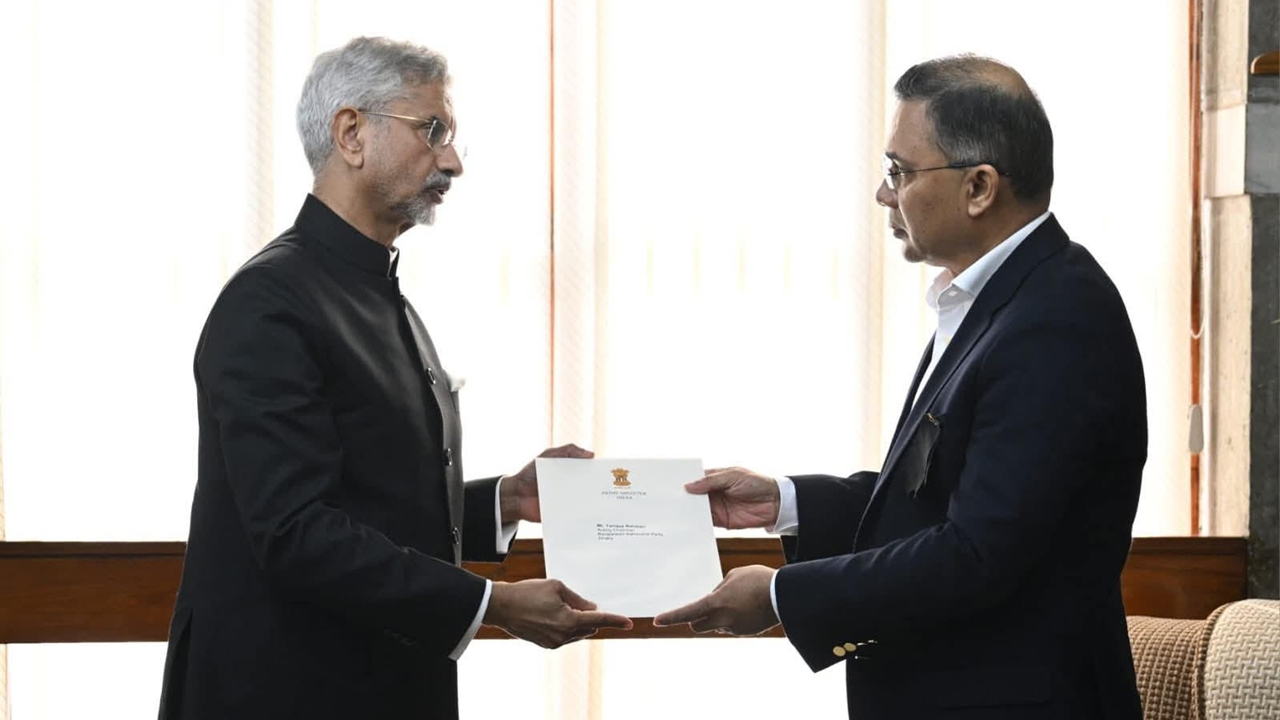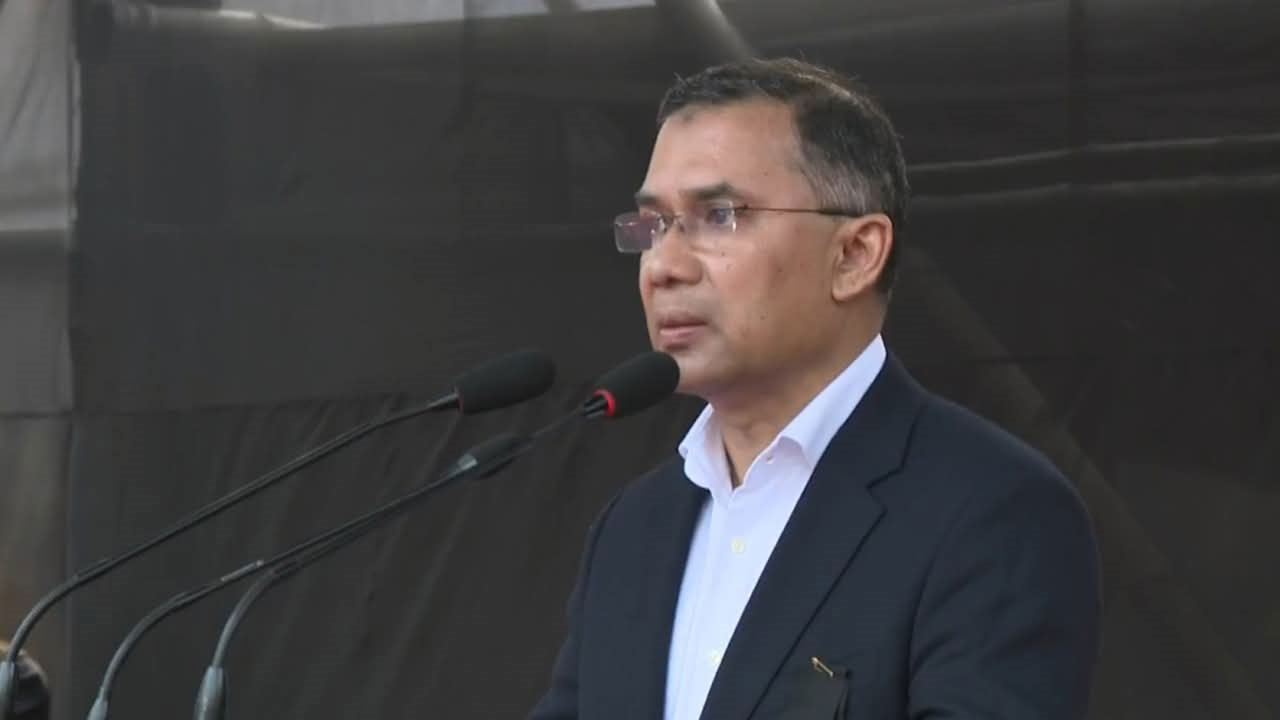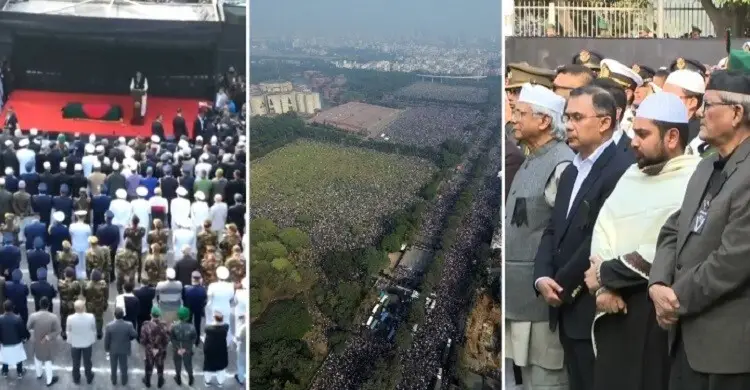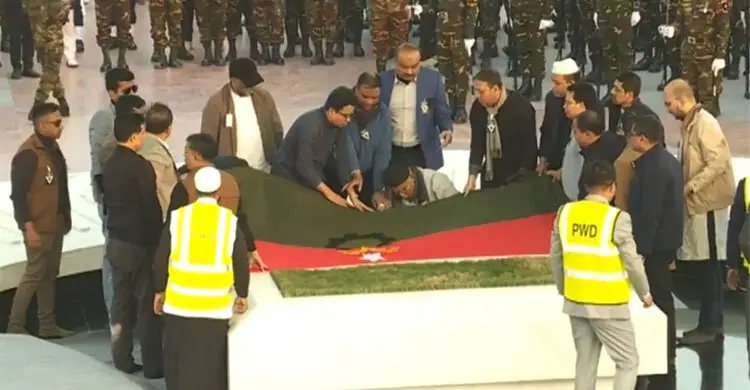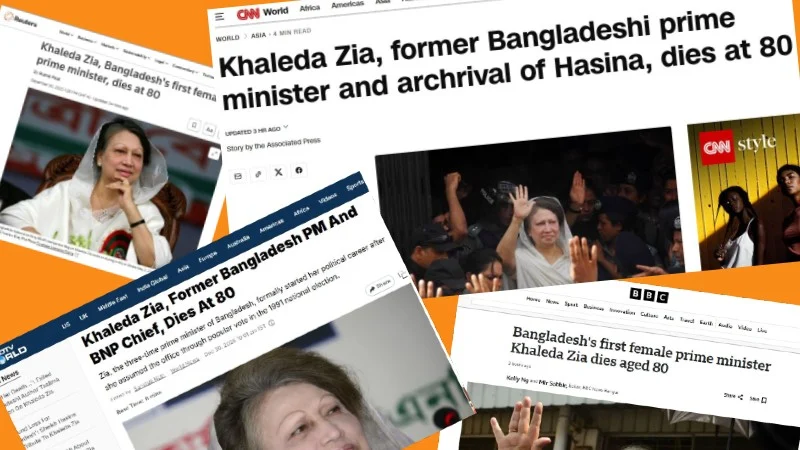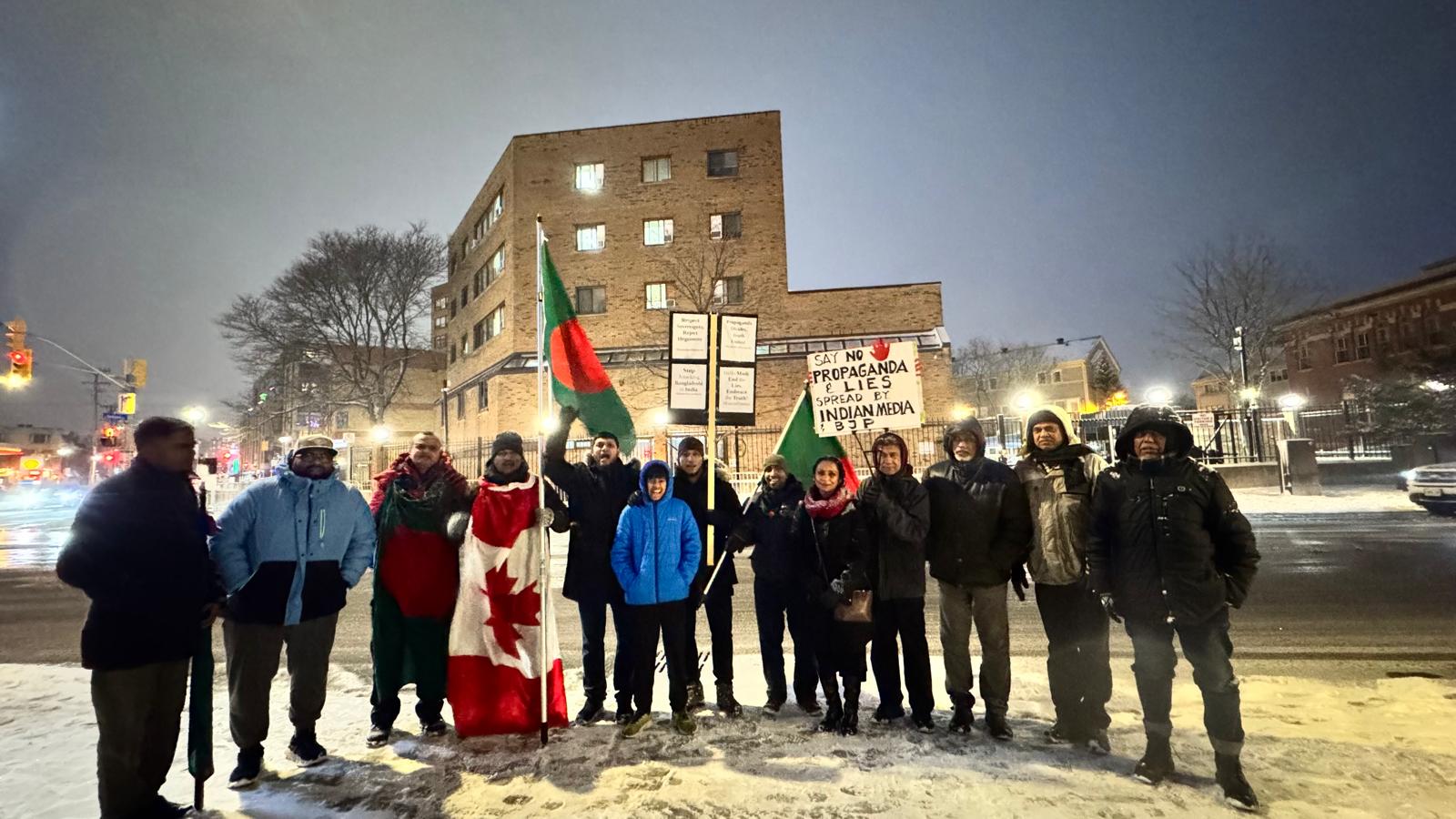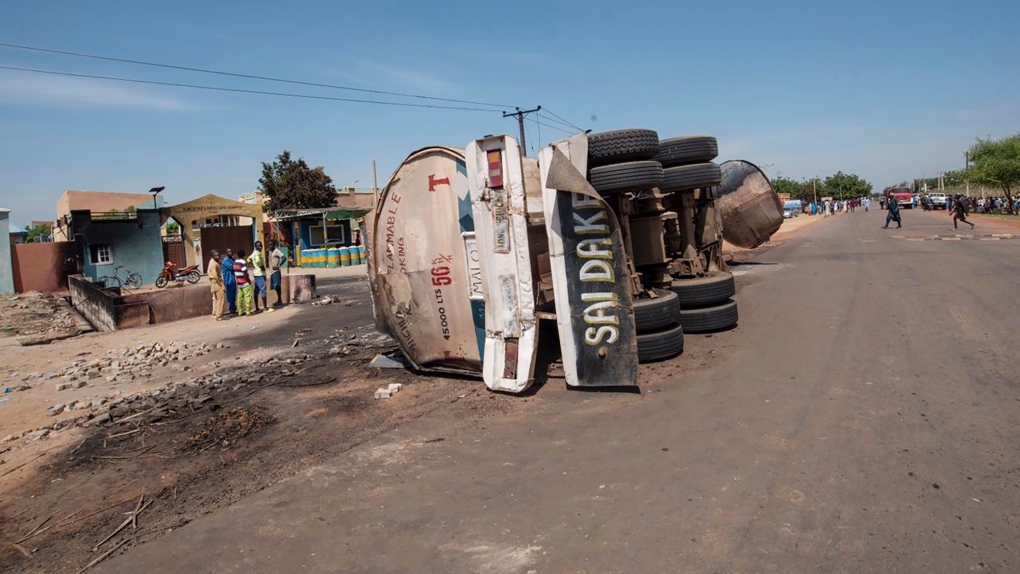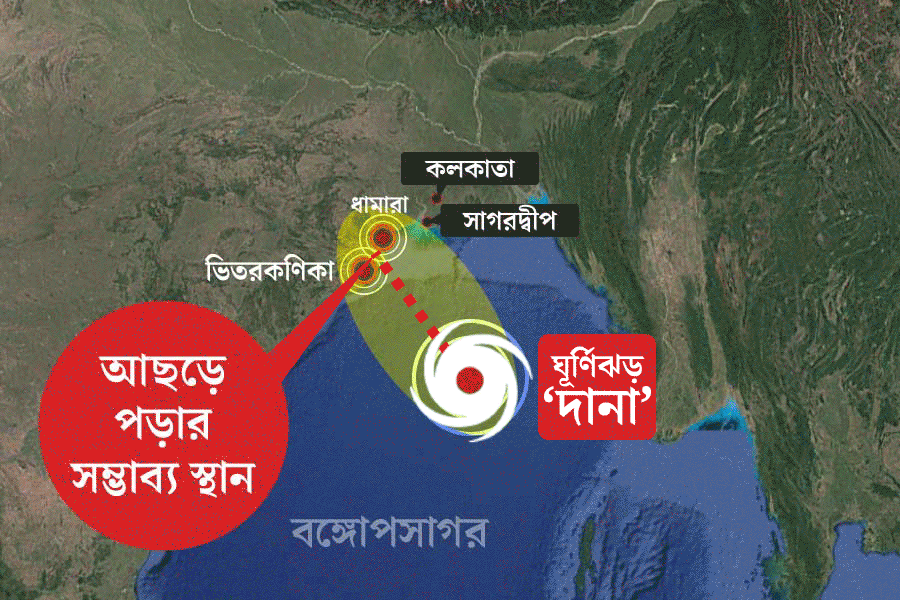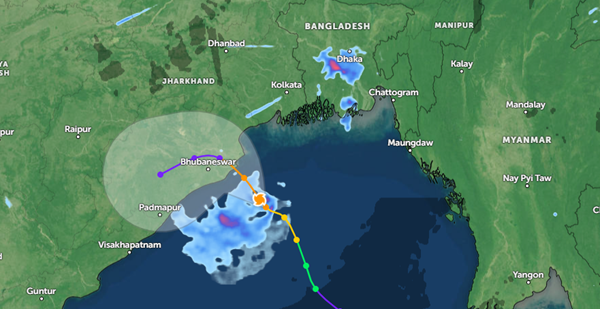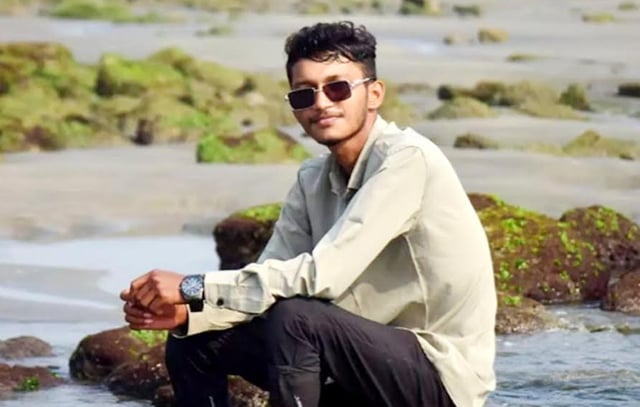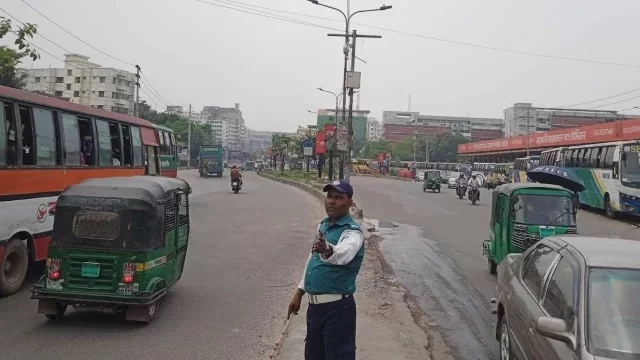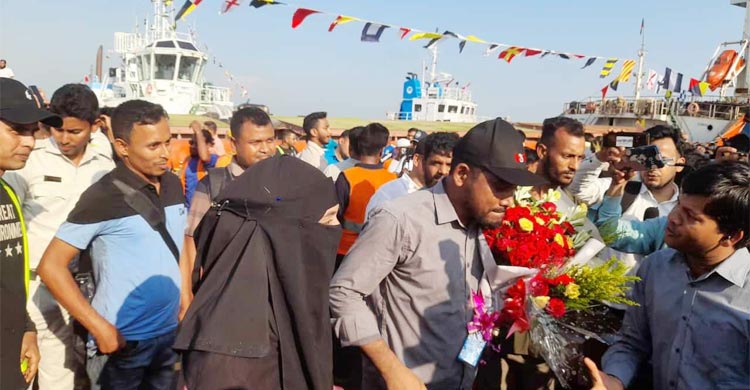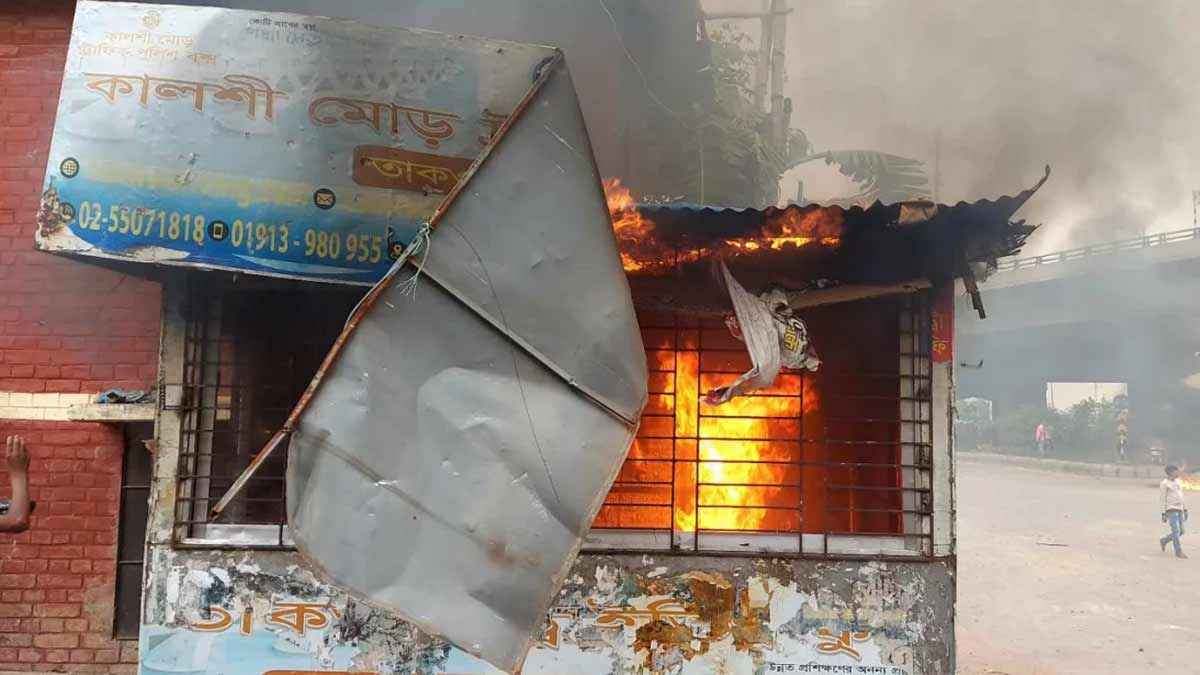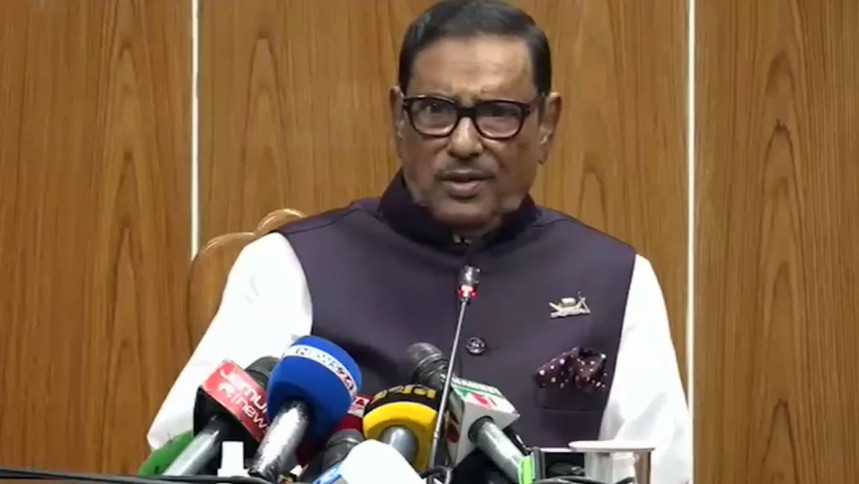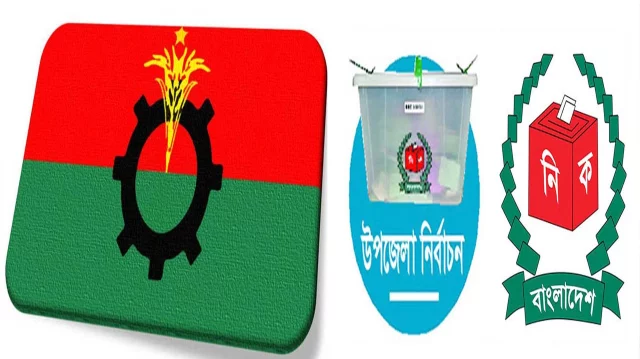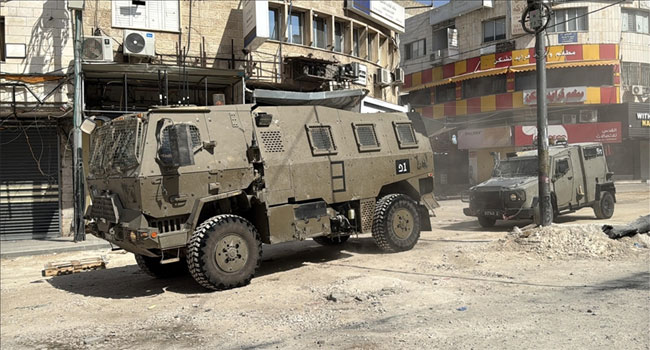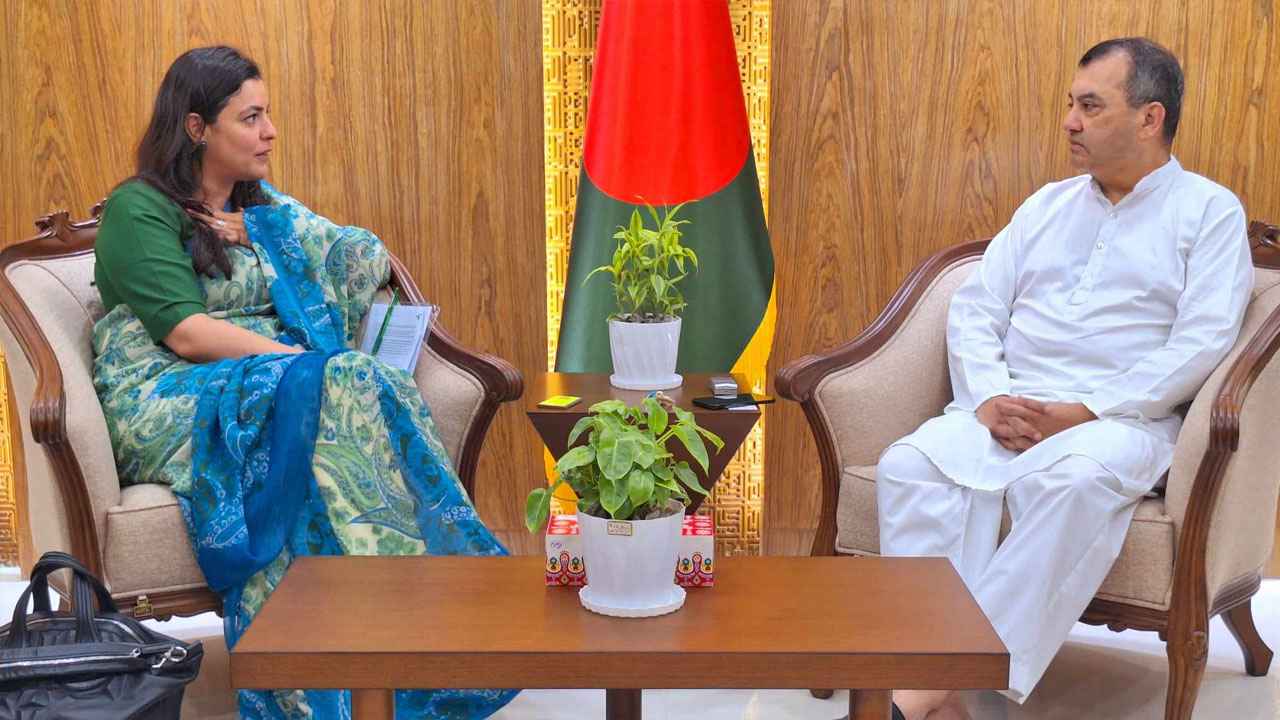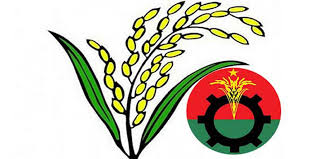
Ahead of the upcoming 13th parliamentary elections, the Bangladesh Nationalist Party (BNP) on Monday announced the names of potential candidates for 237 seats. The party has made an initial decision to leave 40 of the remaining 63 seats for the partners of the simultaneous movement. Candidates for the remaining 23 seats will be announced later. However, if an agreement is reached with the Jatiya Nagorik Party, the seat distribution calculation may change slightly, party sources said.
After a press conference held at the BNP chairperson's political office in Gulshan on Monday (November 3) afternoon, several leaders of the party said that importance has been given to the results of the three-stage screening and survey in selecting candidates.
According to multiple BNP sources, during the nomination process, a three-phase survey was first conducted to assess the popularity, organizational standing and electoral capacity of the candidates in 300 constituencies across the country. The results of the survey were then reviewed by the party's acting chairman Tarique Rahman, Secretary General Mirza Fakhrul Islam Alamgir, and the three leaders of the standing committee - Nazrul Islam Khan, Salahuddin Ahmed and Dr. AZM Zahid Hossain.
These five leaders prepared a preliminary draft list through multiple virtual meetings and direct discussions with party-level candidates for about a month.
After verifying the survey results and field-level information, a list of 260 seats was prepared. The list was discussed in detail in a three-hour-long meeting of the BNP standing committee starting at 12 noon on Monday. After the discussion, the names of potential candidates for 237 seats were finalized. The meeting was adjourned as there was no consensus on the remaining 23 seats.
BNP Standing Committee member Iqbal Hasan Mahmud Tuku said, "We announced the names of potential candidates today after a long review."
According to party leaders, this time the BNP has followed a more research-based and organized method in selecting candidates than in the past, so that it is possible to form a strong electoral party by prioritizing active leaders at the field level.

